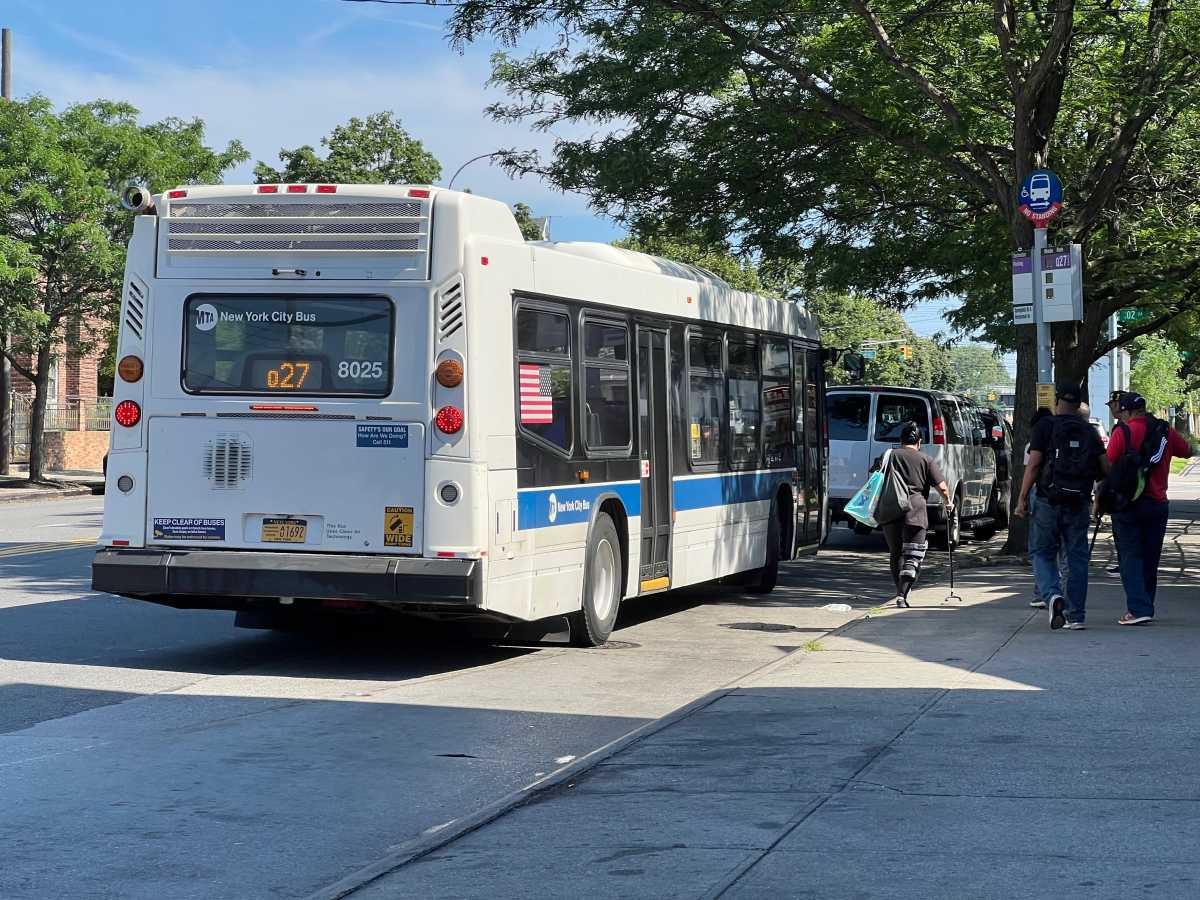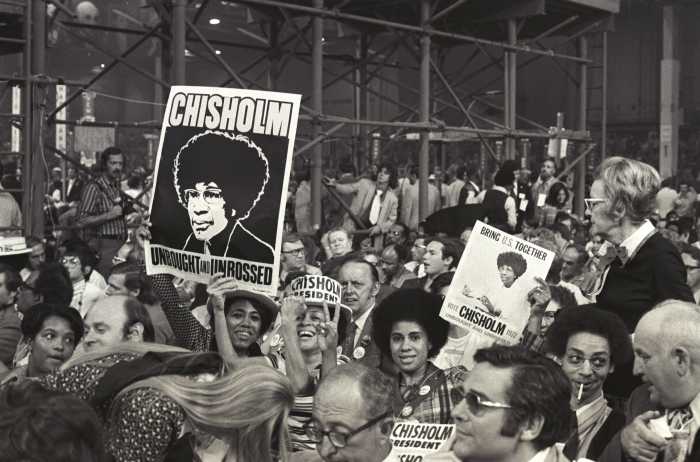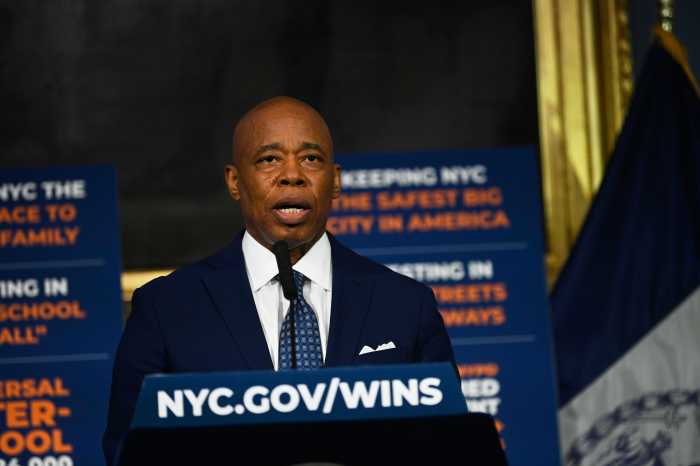Surge ‘prophet’ is all wet
To the editor:
Re “C.B. 1 comes to grips with storm surge realities” (news article, Jan. 28):
Sea level has been rising a few millimeters per year for the past few hundred years, and has not shown any significant increase during the past 30 years — a requirement for the manmade global-warming theory to have credibility.
I think this “prophet” has been drinking too much tea, if you know what I mean.
Bob Smith
Say ‘no’ to eating ban bill
To the editor:
Manhattan State Senator Bill Perkins proposed bill to ban eating in the subway is personification of the nanny state. His legislation would be enforced by police issuing $250 fines to those caught chowing down on the subways. In my opinion, police have more important tasks to perform by preventing fare evasion, pickpockets, mugging, sexual harassment and other real crimes against victims rather than give out $250 fines to those caught snacking on the subways.
Women are routinely accosted by gropers on a daily basis, while perverts engage in other unhealthy sexual activities. Newsstand vendors provide employment. They count on revenues for sales of snacks and provide the M.T.A. with millions in lease revenues. NYC and State also count on millions in sales tax revenues on vendor sales of snacks. Some people with long subway rides need to eat on something due to medical conditions.
There are other ways to fight the growth of rats and mice. The M.T.A. should consider installing separate cans for recycling newspapers, plastic and glass along with regular garbage. Selling advertising on sides of cans could generate revenues to help cover the costs of more frequent off-peak and late night collection and disposal. If asked, the city Department of Sanitation would consider doing the same on the street adjacent to subway station entrances.
There are also solutions to dealing with waiting for or riding the subway and having the “urge to go.” The odds of finding a working bathroom for “relief” may be too late. Until the early 1960s, most subway stations had clean, safe, working bathrooms with toilet paper. Revenues generated from a 10 cent fee helped cover the costs. Why not consider charging a fee between 25 cents and a dollar? That would generate revenues to assign a matron along with covering security and maintenance costs. This could help provide secure, fully-equipped bathrooms at most of the 465 subway stations. Many riders would gladly pay this small price to ensure working bathrooms rather than face the current unpleasant alternatives, which contribute to dirty subways.
Larry Penner




































